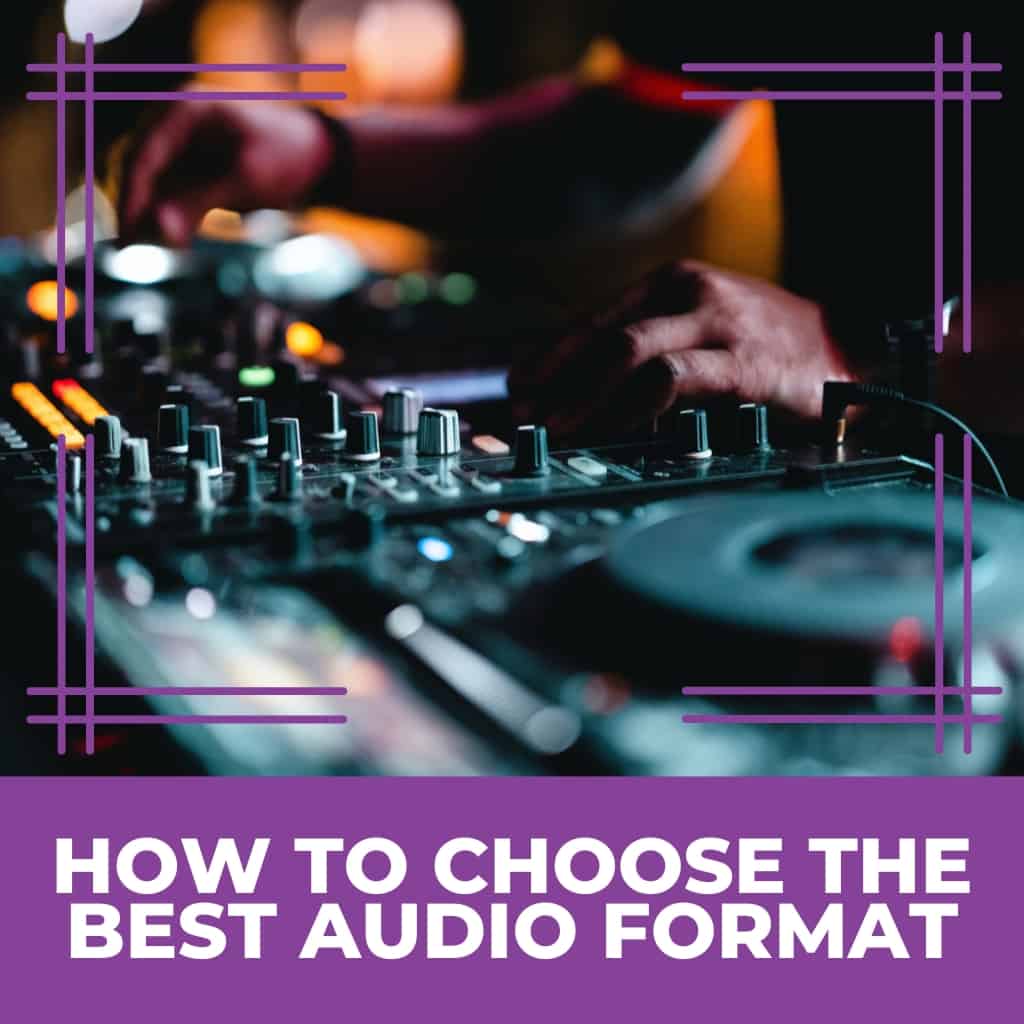
In the world of digital audio, DJs have a plethora of options when it comes to choosing the right audio format for their performances. In this comprehensive guide, we will break down the top audio formats for DJs, examining their key features, pros and cons, and how they stack up against one another. With this information, you’ll be able to make an informed decision on the best audio format for your specific needs.
Table of Contents
- Lossless vs. Lossy Audio Formats
- WAV: The Professional Standard
- AIFF: Apple’s High-Quality Audio Format
- FLAC: High-Quality Audio with Compression
- MP3: The Universal Audio Format
- AAC: Advanced Audio Codec
- Choosing the Best Audio Format for You
- Conclusion
Lossless vs. Lossy Audio Formats
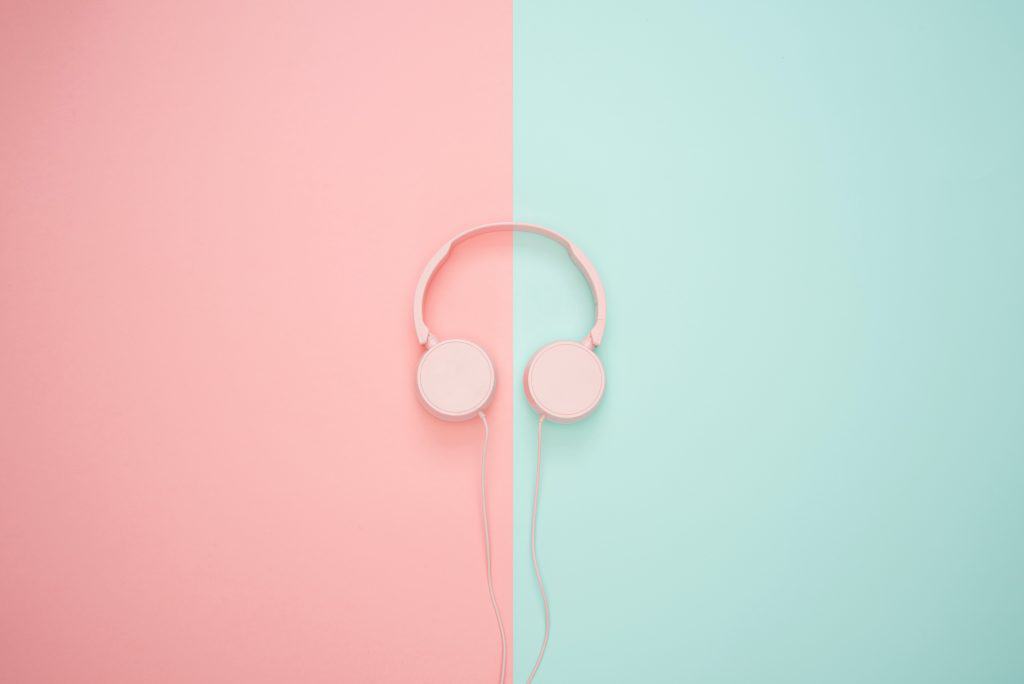
Before diving into specific audio formats, it’s crucial to understand the distinction between lossless and lossy audio formats. This will provide a foundation for comparing and evaluating different formats.
Lossless Audio Formats
Lossless audio formats preserve the full quality of the original recording. They offer the highest fidelity and are preferred by audiophiles and professional DJs who demand the best audio quality. Lossless formats include:
- WAV
- AIFF
- FLAC
Pros
- Preserves full quality of the original recording
- Preferred by audiophiles and professional DJs
- Offers the highest fidelity
- Suitable for archiving and mastering
- Can be converted to lossy formats without quality loss
Cons
- Larger file size requires more storage space
- Limited compatibility with some devices and software
- Higher bandwidth requirements for streaming
- Higher cost of distribution and production
- Not suitable for casual listening or low-end audio systems
Lossy Audio Formats
Lossy audio formats compress the original audio data, sacrificing some quality in the process. While they may not offer the same level of fidelity as lossless formats, they are more efficient in terms of storage space and are widely supported by most devices. Lossy formats include:
- MP3
- AAC
Pros
- Smaller file size requires less storage space
- Widely supported by most devices and software
- Lower bandwidth requirements for streaming
- Lower cost of distribution and production
- Suitable for casual listening or low-end audio systems
Cons
- Sacrifices some quality from the original recording
- Lower fidelity compared to lossless formats
- Not suitable for archiving and mastering
- Cannot be converted to lossless formats without quality loss
- May not satisfy the needs of audiophiles or professional DJs who demand the best audio quality
WAV: The Professional Standard
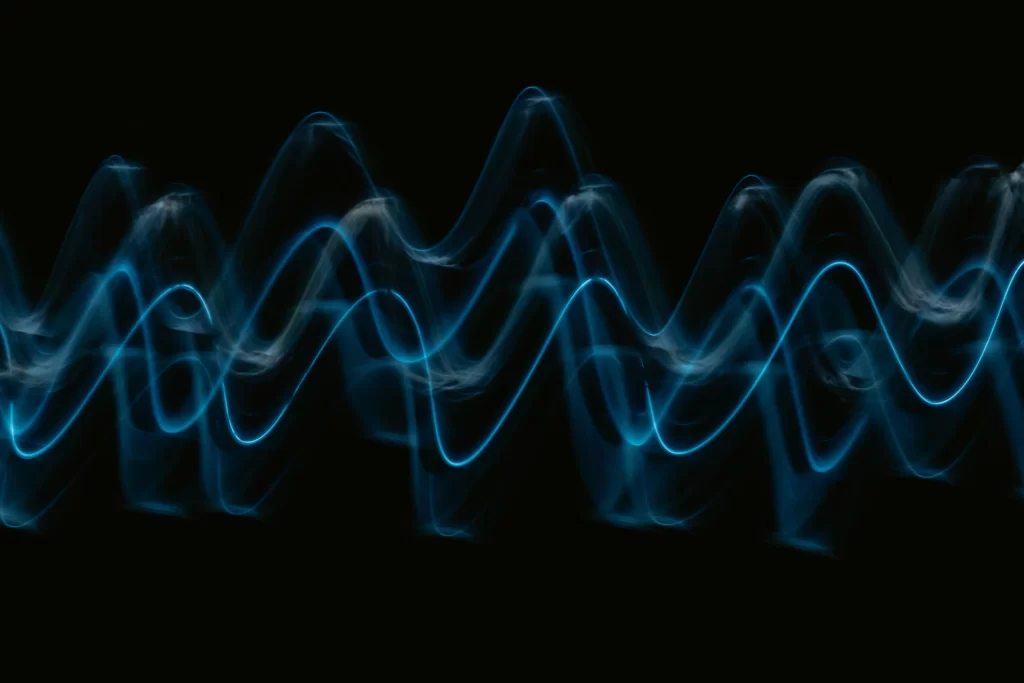
WAV (Waveform Audio File Format) is a lossless audio format developed by Microsoft and IBM. As a standard format for professional audio applications, WAV files offer the highest possible audio quality.
Pros
- Uncompressed, lossless audio quality
- Widely supported by DJ software and hardware
- Can store metadata, such as track information and BPM
Cons
- Large file sizes
- Limited metadata support compared to other formats
AIFF: Apple’s High-Quality Audio Format
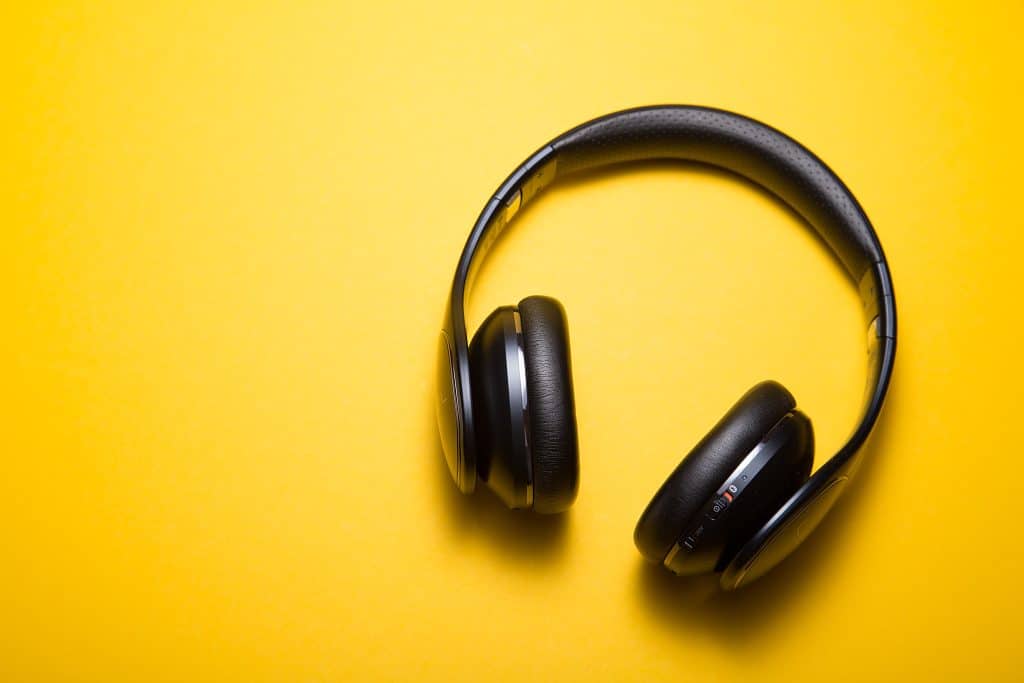
AIFF (Audio Interchange File Format) is a lossless audio format developed by Apple. Similar to WAV, AIFF offers high-quality audio and is commonly used in professional audio applications.
Pros
- Lossless audio quality
- Better metadata support than WAV
- Compatible with most DJ software and hardware
Cons
- Large file sizes
- Less popular than WAV and FLAC
FLAC: High-Quality Audio with Compression

FLAC (Free Lossless Audio Codec) is a lossless audio format that provides both high-quality audio and efficient compression. FLAC files are typically smaller than WAV or AIFF files, making them a popular choice among DJs and audiophiles.
Pros
- Lossless audio quality
- Smaller file sizes than WAV or AIFF
- Supports extensive metadata
- Open-source and royalty-free
Cons
- Not universally supported by DJ software and hardware
MP3: The Universal Audio Format
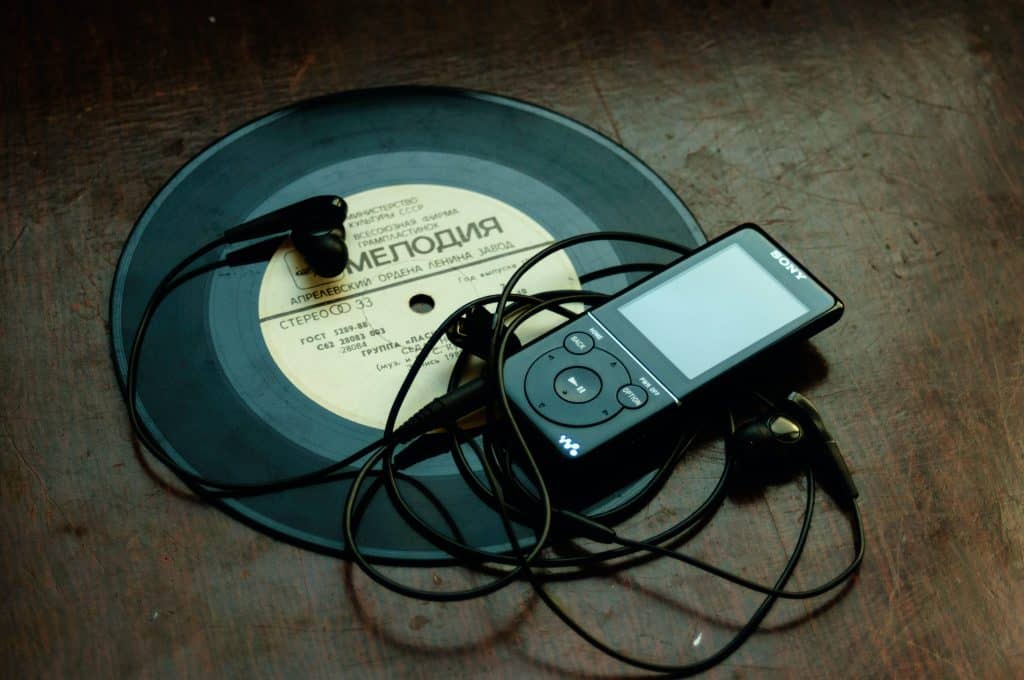
MP3 (MPEG-1 Audio Layer 3) is a widely used lossy audio format. Its popularity stems from its small file sizes and compatibility with virtually all devices and software. While MP3 files may not offer the same level of fidelity as lossless formats, they are often more than adequate for most DJ performances.
Pros
- Small file sizes
- Universally supported by devices and software
- Supports extensive metadata, including ID3 tags
Cons
- Lossy audio quality
- May not be suitable for audiophile or professional applications
AAC: Advanced Audio Codec
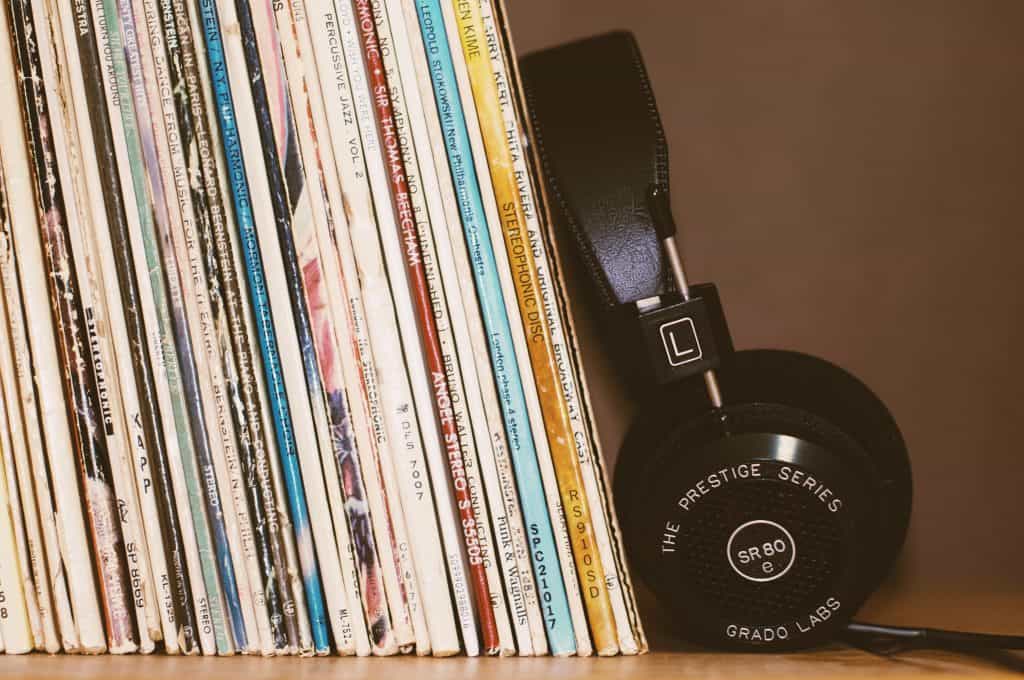
AAC (Advanced Audio Codec) is a lossy audio format developed by Apple as a successor to MP3. It offers improved audio quality at similar or smaller file sizes compared to MP3, making it an attractive option for DJs seeking a balance between quality and efficiency.
Pros
- Better audio quality than MP3 at similar file sizes
- Supported by most modern devices and software
- Can handle higher resolutions and sample rates
Cons
- Not as universally supported as MP3
- May be less suitable for professional applications compared to lossless formats
Choosing the Best Audio Format for You
When selecting the ideal audio format for your DJ setup, consider the following factors:
- Audio Quality: If high-fidelity audio is your top priority, opt for a lossless format like WAV, AIFF, or FLAC.
- File Size: DJs with limited storage space may prefer a more efficient format like MP3 or AAC.
- Device and Software Compatibility: Make sure the audio format you choose is supported by your DJ software, hardware, and other devices you plan to use.
- Metadata Support: Choose a format with robust metadata support if you rely on track information, BPM, and other details during your performances.
Conclusion
Each audio format offers its unique balance of audio quality, file size, and compatibility. By understanding the pros and cons of each format and considering your specific needs as a DJ, you can make an informed decision on the best audio format for your performances. Whether you prioritize high-fidelity audio, efficient file sizes, or device compatibility, this guide has provided the information needed to select the perfect format for your DJ setup.
If you’re looking for a place to download high quality audio formats for your DJ sets, we are here to help. Click down below to use DJ Leakz and gain access to an unlimited supply of high quality music downloads!

